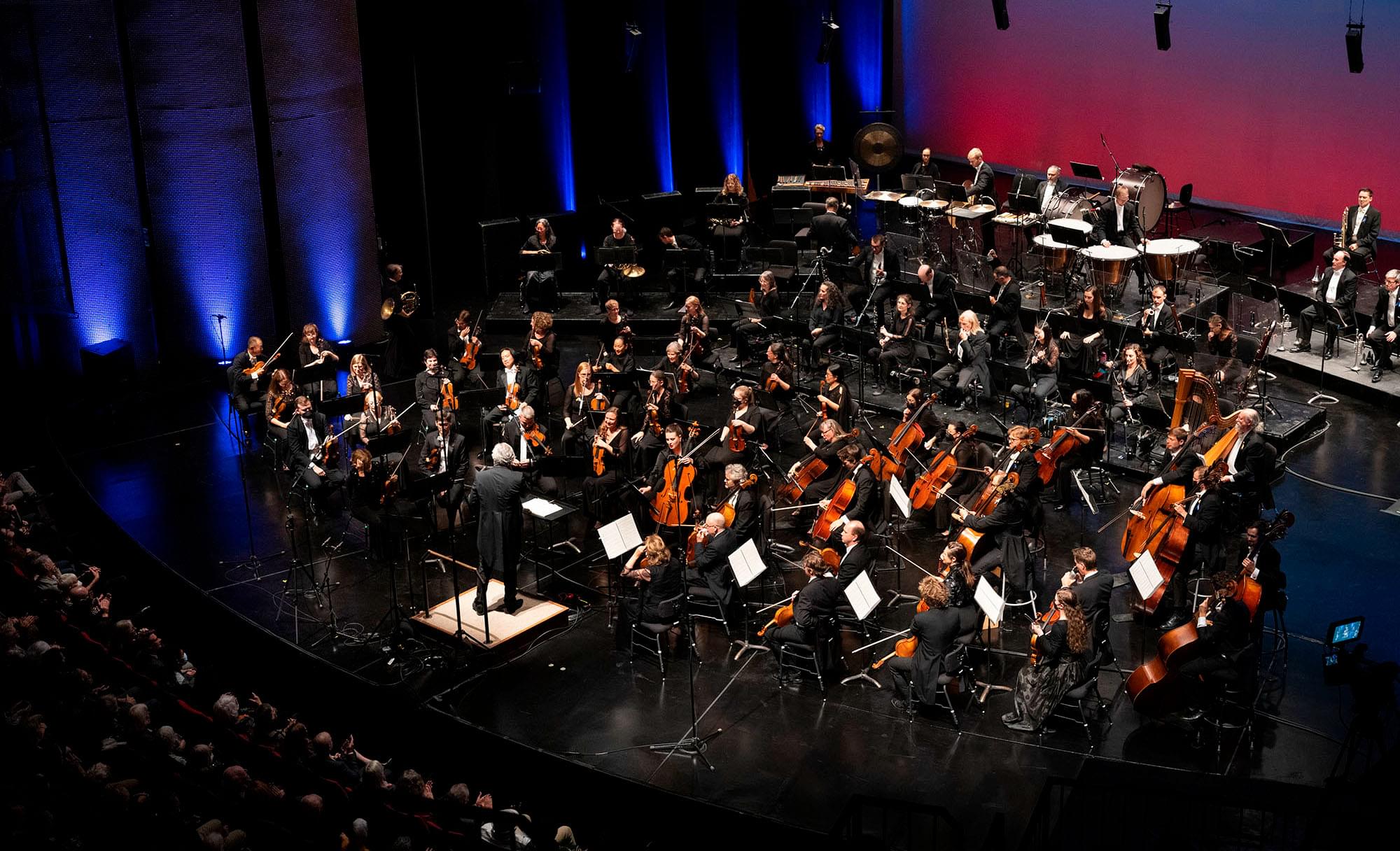
The resilience of passion
- News

By Anna Schwartz
In the early 20th century, it was a feat to do anything for the first time as a woman, let alone do it as a woman under the age of twenty. Nonetheless, that is exactly what Lili Boulanger did. At the tender age of nineteen, Boulanger was the first woman to win the prestigious Prix de Rome prize, a scholarship based in Paris that allowed talented young musicians to study in Rome, expenses paid, for three to five years. An impressive feat for a young woman in 1913.
However, at first glance, the life of Lili Boulanger outside of music appears to be one of only grief and sorrow. Suffering from a brutal case of pneumonia at the delicate age of two, Boulanger’s life was riddled with chronic illness. In fact, she attempted to win the Prix de Rome scholarship twice, but the first time she collapsed from illness during her performance and was forced to withdraw.
Perhaps the lives of composers who lived years before our time can sometimes feel a bit crisp and well-sanded. We hear the stories of musicians who lived one hundred, two hundred years ago, and despite learning of their triumphs and downfalls, it can feel very academic to read and interpret the events of their lives. This week, I spent some time contemplating what it must have felt like to live and breathe in Lili’s shoes. What emotions was she feeling after collapsing that day in the competition hall, after pouring her heart and soul into doing something for herself and for every woman of her time? As a young women musician myself, I have many memories of something in a performance going wrong, but never have I had to deal with the crushing despair of preparing so carefully for something and having it snatched away due to one’s own shortcomings, which Lili of course had no control over.
And yet, despite all of this, she came back the following year to win that scholarship. One can only imagine the pride and joy she must have felt upon gaining this award, and the excitement at studying in Rome. The hope, joy, and inspiration to be felt in that moment was insurmountable. Lili moved to Rome and began her studies in 1913, but the outbreak of World War I forced her to return to Paris, where she continued to compose. Of course, the horror and tragedy of war is a monumental event in anyone’s life, but I imagine it was particularly poignant to Lili as her health worsened in Paris. She passed away at the agonizingly young age of twenty-four, just as her musical journey was beginning to take flight.

The piece you will hear at the WSO’s Gershwin and Ravel concert is D’un matin de printemps, one of Boulanger’s later orchestral works with a very French flavour. Written in 1918, this was one of her last completed works before her death. You hear the notes of longing in the work, the sense of finality that comes with the knowledge of what is to come. Lili Boulanger may have lived only a small part of the possibility her life held, but her courage and bravery in the face of so many moments of turmoil will not soon be forgotten, nor will her stunning contributions to the classical music realm.
Anna Schwartz (she/her) is a multidisciplinary writer, educator, and conductor. She has written and spoken about the benefits of music and being a part of music-making throughout Manitoba and Northern Ontario.


![20640-WSO-2025-26-Season-Creative-Cello-Festival-Grand-Finale-[960x540]-Mar2025-FNL](https://images.wso.ca/uploads/2025/03/20640-WSO-2025-26-Season-Creative-Cello-Festival-Grand-Finale-960x540-Mar2025-FNL.jpg?resize=480%2C300&gravity)









